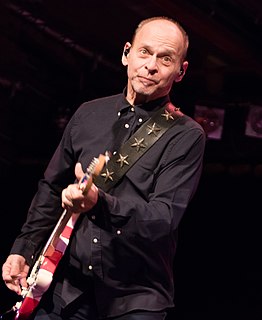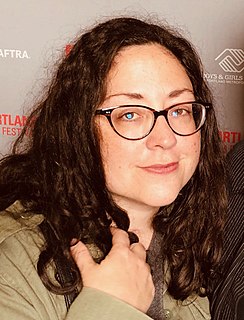A Quote by Jason Isbell
Something that really helps when it comes to writing songs is you start to notice how children learn and how we all had to learn in the first place, starting from the ground up. It gives you a new perspective.
Related Quotes
Success is a learnable skill. You can learn to succeed at anything. If you want to be a great golfer, you can learn how to do it. If you want to be a great piano player, you can learn how to do it. If you want to be truly happy, you can learn how to do it. If you want to be rich, you can learn how to do it. It doesn't matter where you are right now. It doesn't matter where you're starting from. What matters is that you are willing to learn.
A university is not, primarily, a place in which to learn how to make a living; it is a place in which to learn how to be more fully a human being, how to draw upon one's resources, how to discipline the mind and expand the imagination; how to make some sense out of the big world we will shortly be thrown into.
After I found out that I was playing music and that I'd have to learn how to read and write music, I started doing that about two years later. Finally, I said, "Oh, that means what I really want to do is to be a composer." But when I was coming up in Texas, there was segregation. There was no schools to go to. I taught myself how to read and how to start writing.
Even my colleagues don't read classic criticism. And my feeling is that if you don't do that then you're not really practicing your craft. That's how you learn how to do it. You don't learn how to write about jazz just from listening to jazz. You learn how to write by reading the great writers and how they worked, the great music critics.
Ordinarily we are swept away by habitual momentum. We don't interrupt our patterns even slightly. With practice, however, we learn to stay with a broken heart, with a nameless fear, with the desire for revenge. Sticking with uncertainty is how we learn to relax in the midst of chaos, how we learn to be cool when the ground beneath us suddenly disappears.




































